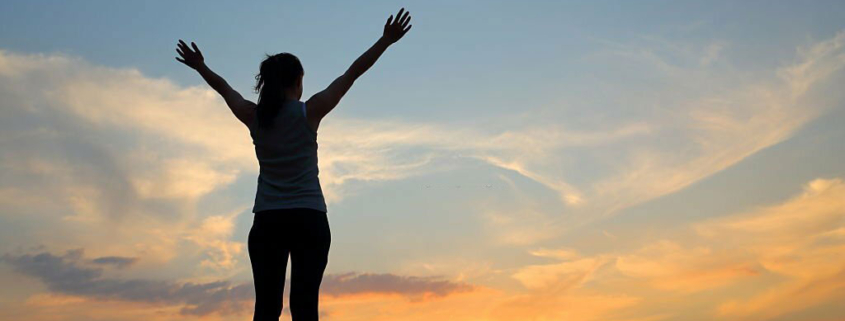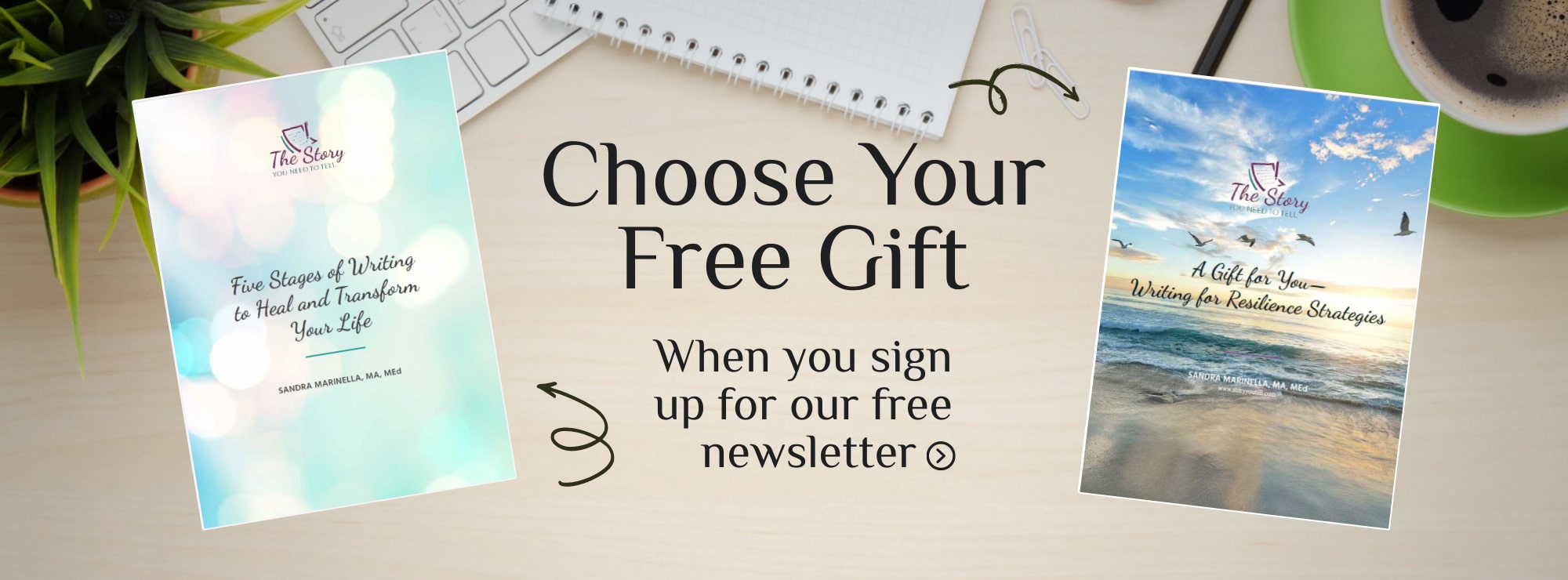Overcoming
Sometimes you slip inside a story that is a huge part of your life, and you didn’t even know it. You might have heard a snippet of it, maybe a dozen times, and not realized how it matters. Here is one I just rediscovered—in a new light. It helped make me who I am.
When I first met Steve Marinella in graduate school, I learned that he had a passion for flying, a passion obvious in the way his eyes lit up and his hands moved excitedly any time he talked about planes. Now it seems funny that after four decades of marriage, I could learn a new and meaningful story about my husband. But I did.
About a month ago he asked me to attend his Air Force Academy reunion. We had never been to one before, but two weeks later we were headed to Colorado Springs. There we were greeted by blue skies, clear views of Pikes Peak, and hundreds of alumni returning to this pristine place of chrome, glass, and fountains. It is here many cadets discovered who they were—or who they cannot become.
For three days we tromped their old school grounds, talked with new cadets, and shared meals with Steve’s friends from his 26th Snoopy Squadron.
This was Steve’s life before I knew him and with the help of his former roommate Rich and his friend Doug, I was able to slip inside an experience that helped define this man I love.
Saturday afternoon we sat outside at the home of one of Steve’s classmates chatting. Rich was explaining how he took prep school to get admitted to the academy. “It was the only way in for me.” Doug and Steve nodded knowingly.
“It was tough to get in,” Steve said. “I was no high school sports star, so I assumed I didn’t have a chance.”
The training was rigorous, and the cadets were told that half of them would wash out in the coming four years. “Turns out that prediction was accurate,” Doug explained. “When we started, there were 36 new cadets in our squadron and seventeen actually graduated.”
“Remember how afraid we were that we would wash out with all the physical training!” added Rick. They reminisced about the first summer when they were hauled up to Sailors Park and left to “live off the land” for a week. Survival Camp.
“I think each of us had one K-ration to make last a week,” Steve explained. “We learned to pick berries and find and eat the smallest animals. I lost twenty pounds that summer. I often felt lightheaded when we returned.”
“We were all starving and exhausted,” added Rich. “Then they made us face the Confidence Course.”
“That was hell! Looks like an oversized Jungle Jim now,” Doug said. Then he turned to me. “But it nearly killed a few of us–including Steve.”
After a week of wilderness training, the cadets faced the dreaded Confidence Course. They ran around the track and then spent the day struggling to climb towers and crawl through several structures. The largest, most dreaded obstacle was the Tilton Hilton. They had to scale all five stories using the ropes on the side. When they reached the top, they had to pull themselves up to walk across logs that formed the roof and then scale down.
Rich managed it. Then as Steve scaled it, he began to feel lightheaded. He reached the top and as he attempted to grab the log, a spotter screamed at him, “Hustle!” But instead, Steve fainted and plunged thirty feet down. His friend Doug would tell me, “There was a deafening thud when he hit the ground. I was certain the fall had killed him. It didn’t, but it broke his back.”
The ambulance carried Steve to the hospital where for a couple of days, he remembered nothing but the excruciating pain and being pricked and prodded by physicians, fearful of paralysis. “When I awoke,” Steve explained, “I kept asking if I could still fly, but they would not answer me. I felt determined to keep going. To be able to fly.”
On the third day the doctors announced Steve would walk again, but not for several months. He had suffered a severe compression back fracture. He needed to lie flat for three months so it would heal. After three months in bed, they thought they could place a body cast on him. Then he could return to the academy.
But Steve surprised them. On the fourth day, he sat up in bed. “The nurses cheered me on,” he explained. “But the physicians told me I was not capable of sitting up—but I did. I just couldn’t lie in a bed for months!”
“You have always been so determined to make things work,” I noted.
“Maybe too determined?” Steve laughed. “I think I drove the doctors crazy.” He explained by the seventh day they had suited him in a complete body cast. “That evening I went to the bathroom on my own and the next day I started helping the nurses—emptying the trash cans. They still wouldn’t tell me if I could fly, but that just made me fight harder.”
Much to everyone’s surprise, on the eleventh day of his hospital stay, Steve was discharged and returned to the academy. Classes started the next week and Steve, in a full body cast, never missed a day. “The cast came off before Thanksgiving and by March I had all the waivers signed for Army Airborne Parachute Training. I felt that this would show my ability to train to become a pilot.” It did. Four years later Steve graduated and headed to Purdue to study aerodynamics and astronautics where I met him. After graduate school, he headed to Arizona to fulfill his dream of becoming a pilot.
I think we had been married a couple of years before I saw a notice from the Air Force to Steve addressing him as “a disabled veteran.” When I asked him about it, he acknowledged that he had fallen and broken his back as if it were a small footnote in his life. But all these years later I can see now that it was much more. I can see now that this display of grit and determination helped to define Steve as a man. He had a dream, and he was going to hold onto it and do whatever it took. He was going to overcome his “disability.” And he did.
As for me, living with Steve has taught me how to be a stronger, more resilient person. How to juggle my active inner critic and how to move forward through hardships. For all of this, I am grateful. Today he is a man wrapped in his curiosity, his passion to fly, and his drive to create new and better machines, many that save lives. He may be a bit too driven, but I continue to learn from and marvel at all he overcomes day by day.




